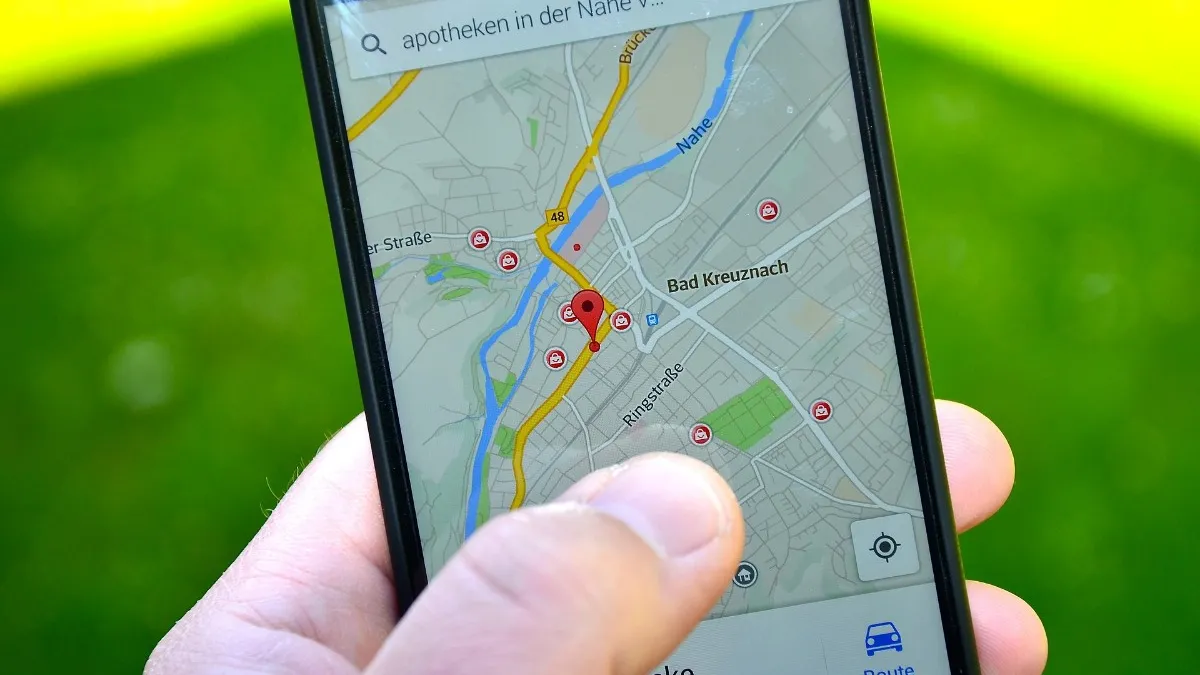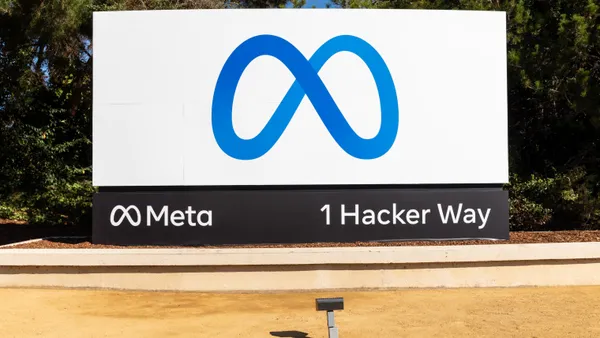Brief:
- Eighty-nine percent of surveyed marketers said they increased sales by using consumer location data to boost the effectiveness of their ad campaigns, according to a new report by location data provider Factual provided to Mobile Marketer.
- The firm's survey, conducted with Lawless Research, found that 86% of marketers increased their customer base and 84% engaged with consumers by leveraging location data. The portion of marketers that will use location data for marketing will grow to 94% next year from 84% this year, the survey found.
- The top uses of location data will be ad targeting (67% of marketers), audience engagement (53%) and customer experience (52%). Factual also pointed to an opportunity for marketers to improve their campaign strategies with offline attribution, as only 24% of survey respondents said they used location tracking to measure offline conversions.
Insight:
Factual's latest survey indicates that marketers recognize the power of location-based marketing, which is expected to grow 14% to $24.4 billion in ad spending this year, according to a separate forecast by BIA Advisory Services. Geotargeted advertising is the most popular use for location data as marketers seek to reach mobile consumers when they're out of the home and closer to the point of sale at brick-and-mortar stores and restaurants.
Advertisers have remained consistent in the past year, when Factual last surveyed them, in how they measure the effectiveness of their digital advertising. Website traffic is still the top key performance indicator (KPI), being used by 52% of marketers. That's slightly ahead of brand awareness (50%), sales (50%), social media engagement (48%) and click-through rates (47%). Among those metrics, sales are considered the most reliable measurement, with 16% citing purchase data as the most useful way to measure digital campaign effectiveness.
Factual found that marketers are looking for alternatives to Google, Facebook and Amazon, and suggested location-based marketing campaigns may be a way to wean themselves away from the tech giants. Factual has a vested interest in luring marketers away from the oligopoly as a location data provider, but its findings are supported by other research indicating that Facebook and Google's dominance of digital advertising has stoked anxieties among advertisers. Apple, Amazon, Facebook and Google face the possibility of greater antitrust scrutiny because of their market dominance.
However, Factual's survey found that 49% of agencies and brands said they see higher ROI on Google, Facebook and Amazon compared to other platforms, which helps to explain their dominance. Almost half (46%) of agencies and brands with advertising budgets of $50 million or more spend 60% or more on the oligopoly. The most popular alternatives to the oligopoly are Instagram — which doesn't really count, since it's owned by Facebook — Twitter, Snapchat, Reddit, Pinterest and LinkedIn, in that order of frequency, per Factual.













